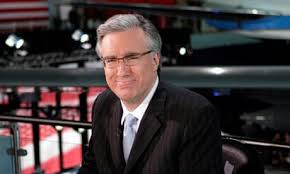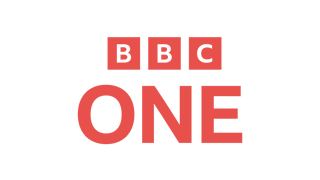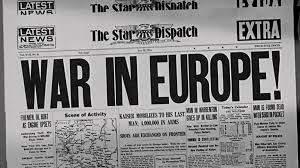The Career and Influence of Keith Olbermann

Introduction
Keith Olbermann, an influential figure in American journalism, has made a significant mark on the media landscape through his unique presentation style and controversial opinions. Known for his incisive commentary and willingness to tackle sensitive topics, Olbermann has both garnered a loyal following and faced significant backlash. His work has sparked discussions about media responsibility, bias, and the evolving role of news in a polarized society.
Career Highlights
Olbermann’s career began in local sports broadcasting before he transitioned to national news. He gained widespread recognition during his time on ESPN, where he co-anchored ‘SportsCenter’ and became known for his sharp-witted critiques. However, it was his move to political commentary that truly defined his career. Olbermann served as the anchor for ‘Countdown with Keith Olbermann’ on MSNBC from 2003 to 2011, where he became notable for his progressive stance on political issues, his biting critiques of the Bush administration, and his fearless commentary on the Iraq War.
Controversies and Criticism
While Olbermann has received praise for his bold approach, he has also faced criticism for his polarising style. His unapologetic commentary has led some to label him as too partisan, with detractors arguing that he blurs the lines between reporting and opinion. His frequent clashes with network executives and eventual departure from MSNBC in 2011 added fuel to the fire, showcasing the challenges faced by outspoken journalists in mainstream media. After a stint with Current TV, which ended controversially, Olbermann returned to ESPN in 2013 but struggled to regain his earlier prominence.
Recent Developments
In recent years, Olbermann has continued to stay relevant on social media platforms, using Twitter as a means to express his views on current events. His ability to engage with audiences directly has maintained his influence, especially among younger demographics. Olbermann’s commentary follows critical events such as elections and social movements, providing his viewpoint while continuing to inspire debate about the future of journalism.
Conclusion
Keith Olbermann’s career is a testament to the evolving nature of journalism and the strained landscape of media today. His polarising opinions and dynamic style have sparked both admiration and criticism, illustrating the fine line journalists must walk between reporting and advocacy. As the media continues to adapt in a world of misinformation and societal division, Olbermann’s legacy remains significant, highlighting the responsibilities and power of the media in shaping public discourse.







